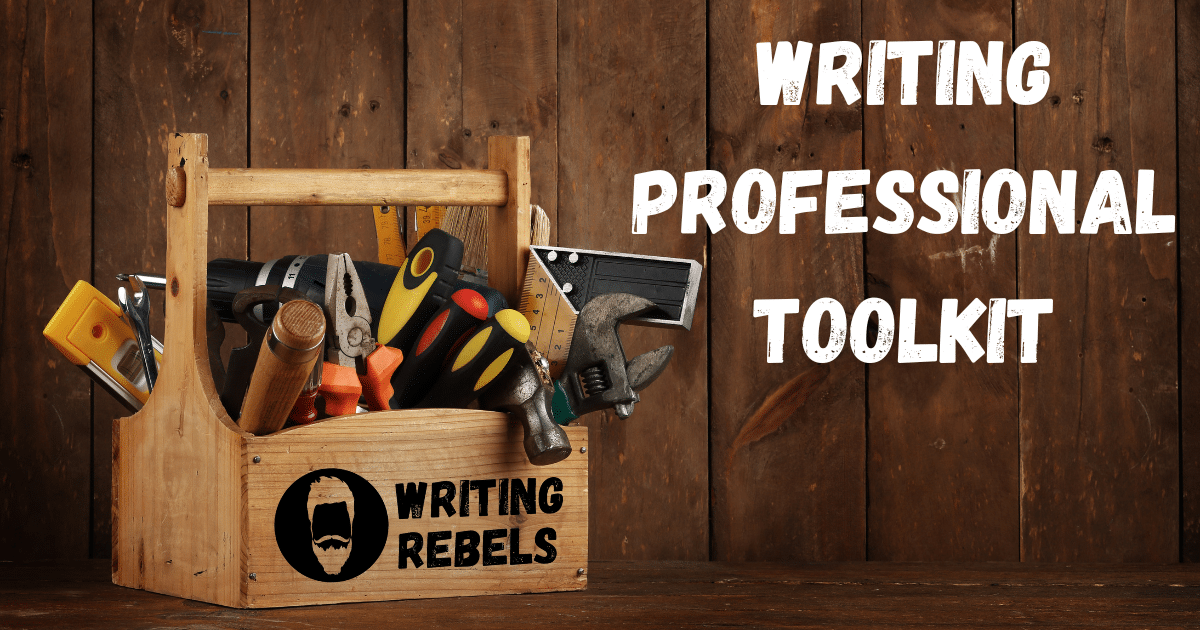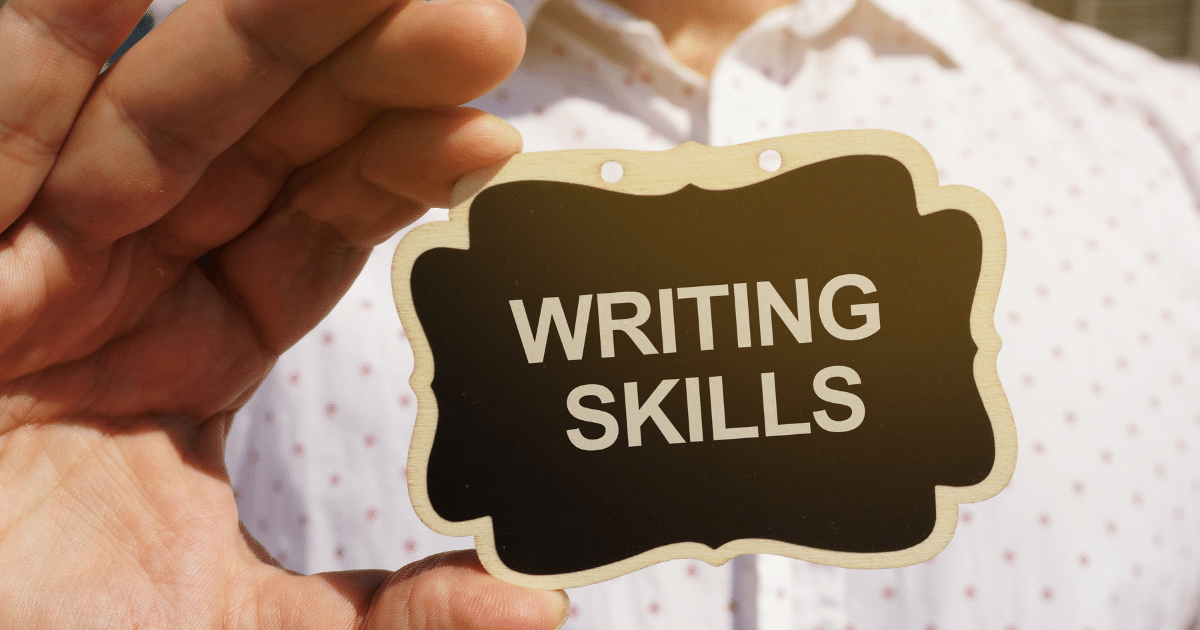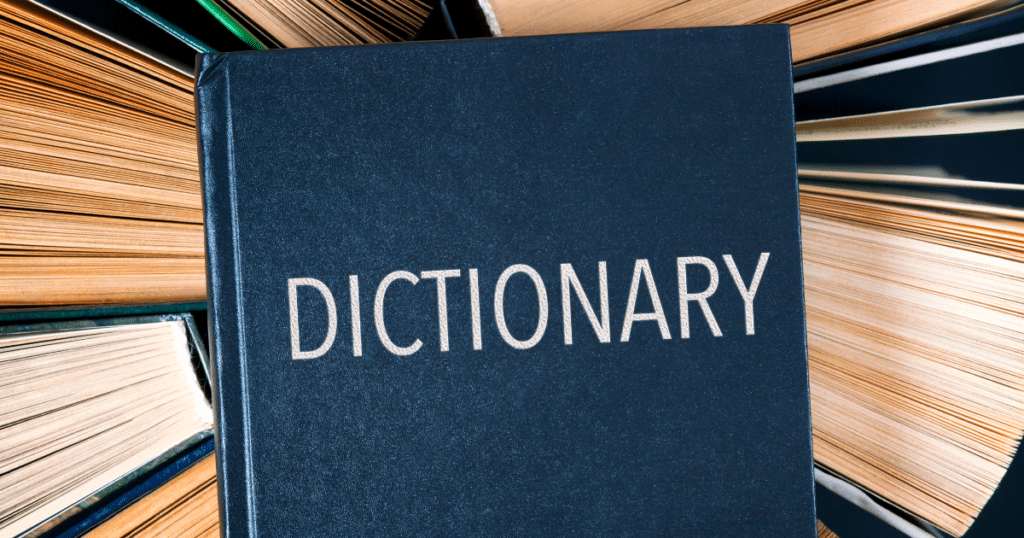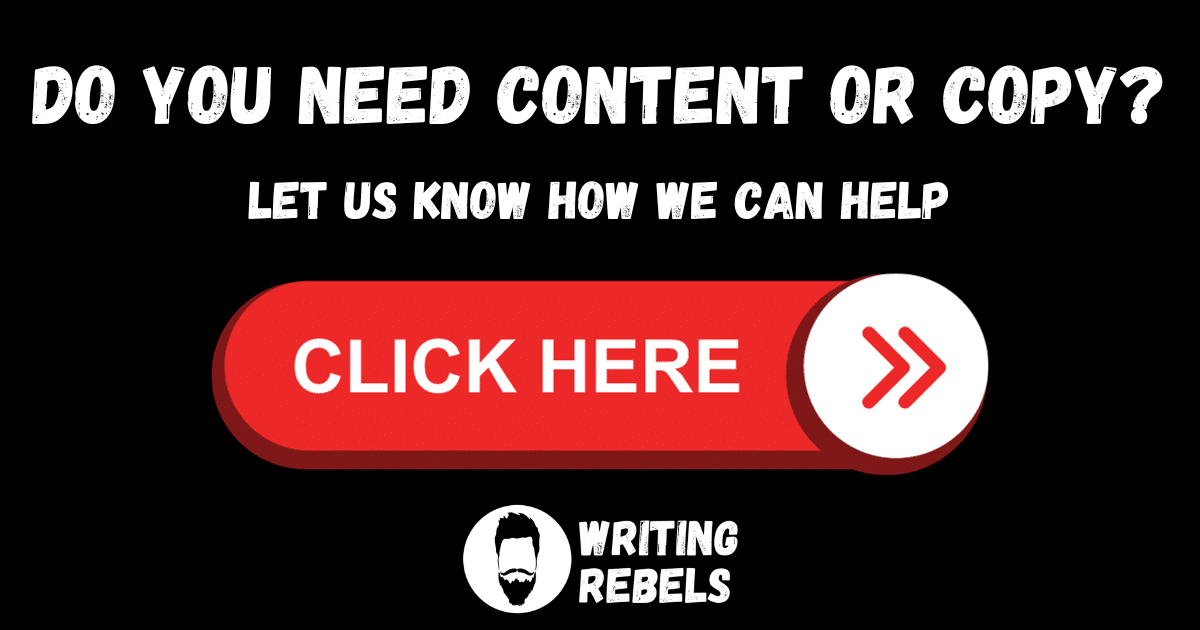
Writing is an art, a craft, and a skill that evolves over time. Whether you are an aspiring novelist, a content creator, a journalist, or a business professional, improving your writing skills is essential — especially if you want to be a writing professional and make a career out of it.
In this article, we will dive deeper and explore the various tips, skills, and resources you can use to become a writing professional.
The Journey of a Writing Professional
Becoming a writing professional is not an overnight achievement; it’s a journey that requires dedication and continuous learning. Here are some tips to guide you on your path to becoming a skilled writer:
1. Read Widely
One of the fundamental aspects of being a great writing professional is being an avid reader. Reading exposes you to various writing styles, diverse perspectives, and a wide range of vocabulary. The more you read, the more you subconsciously absorb the art of writing.
“If you don’t have the time to read, you don’t have the time (or the tools) to write. Simple as that.” – Stephen King
2. Write Regularly
Practice makes perfect, and writing is no exception. Set aside dedicated time each day to write, whether it’s journaling, blogging, or working on a novel. The more you write, the better you become at expressing your thoughts coherently as a writing professional.
3. Expand Your Vocabulary
A rich vocabulary is the cornerstone of effective writing. Learn new words and idiomatic expressions to add depth and variety to your writing. Make use of tools like vocabulary-building apps and thesauruses to discover synonyms and antonyms.

4. Edit Ruthlessly
Writing is a two-step process: creation and revision. After writing a piece, let it sit for a while before revising it. Editing allows you to refine your work, eliminate errors, and improve clarity.
“The first draft of anything is shit.” – Ernest Hemingway
5. Seek Feedback
Don’t be afraid to share your work with peers, mentors, or writing groups. Constructive feedback is invaluable in identifying areas for improvement and growth. Be open to critique and use it as a stepping stone to enhance your writing skills.
6. Develop a Writing Routine
Consistency is key to becoming a writing professional. Establish a writing routine that works for you, whether it’s early in the morning or late at night. Stick to this routine, as it helps train your brain to be creative at specific times.

Essential Skills for the Writing Professional
To excel in the world of writing, you need to hone specific skills. These are the tools of the trade that will set you apart as a writing professional:
1. Grammar and Punctuation
Correct grammar and punctuation are non-negotiable for any writing professional. Understanding the rules of language and using them correctly is the foundation of clear communication.
2. Research Skills
Writers often need to dive into research to gather information and ensure the accuracy of their work. Being able to find credible sources and synthesize information is a crucial skill.
3. Adaptability
Writers should be adaptable and able to write in various styles and tones. Whether you’re crafting a formal report or a conversational blog post, being versatile in your writing approach is essential.

4. Time Management
Meeting deadlines is a must for writing professionals who want to stay productive. Effective time management helps you balance multiple writing projects and maintain a consistent output.
5. Storytelling
For creative writers, storytelling is an essential skill. The ability to weave compelling narratives that captivate readers is what sets apart great storytellers from the rest.
6. Critical Thinking
Writing professionals need to think critically and approach their topics with a discerning eye. Analyzing information and presenting it in a thoughtful manner is vital.

Resources a Writing Professional Should Be Aware Of
In addition to honing your skills, there are various resources available that can aid your journey to becoming a writing professional. These tools and references can streamline your writing process and help you produce high-quality content.
1. Style Guides
Different types of writing, whether academic, journalistic, or creative, often have specific style guidelines. Familiarize yourself with style guides such as the Chicago Manual of Style or the Associated Press (AP) Stylebook to ensure your writing adheres to established standards.
2. Writing Software
Writing software can significantly enhance your productivity. Consider using tools like Scrivener for novelists, Grammarly for grammar and style checks, and Microsoft Word for its versatility and collaborative features.
3. Online Courses and Workshops
The internet is a treasure trove of online courses and workshops that cater to a wide range of writing skills. Platforms like Coursera, edX, and MasterClass offer courses taught by renowned authors and writing professionals.
4. Writing Communities
Joining writing communities, whether in person or online, provides a valuable support network. Websites like Wattpad, Goodreads, and Medium allow you to connect with fellow writers, share your work, and receive feedback.

5. Dictionaries and Thesauruses
Digital dictionaries and thesauruses are indispensable tools for a writing professional. Merriam-Webster and Thesaurus.com are readily available online and can help you find synonyms, antonyms, and precise definitions.
6. Research Databases
For writing professionals who require in-depth research, academic databases like JSTOR and Google Scholar offer access to scholarly articles and publications. They can be invaluable for gathering information and citing credible sources.
7. Reference Books
Consider building your library with essential reference books like “The Elements of Style” by William Strunk Jr. and E.B. White, “On Writing” by Stephen King, and “The Chicago Manual of Style.” These books are valuable resources for any writing professional.
Do You Aspire to Be a Writing Professional?
Becoming a writing professional is a journey that requires dedication, continuous learning, and the acquisition of essential skills.
Related Article: Beyond 9 to 5 — Redefining Success Through Work-Life Balance
By following the tips outlined in this article and utilizing the resources available to you, you can develop into a proficient and versatile writer. Remember the quote below and keep your creativity flowing.
“You can’t use up creativity. The more you use, the more you have.” – Maya Angelou
So, keep writing, keep learning, and continue to build your writing professional toolkit.
If you want to turn your passion as a writing professional into a 6-figure income, check out the book written by Matt Weik, the owner of Writing Rebels, titled “Write Your Way to a 6-Figure Income.” This book is full of gems and strategies that helped him take both of this writing businesses to over 6-figures in less than a year.
Disclaimer: Some of the links in this article may be Amazon affiliate links and provide us with a very small commission. This does not affect the price on your end, but should you decide to make a purchase, we appreciate your support.

